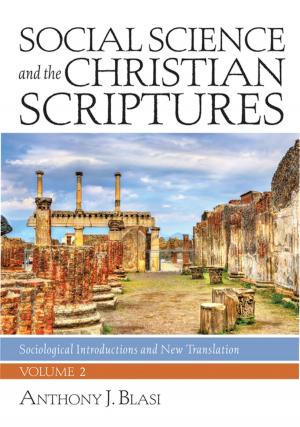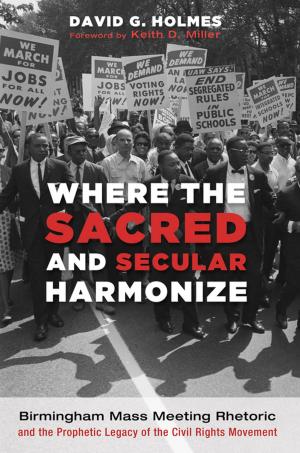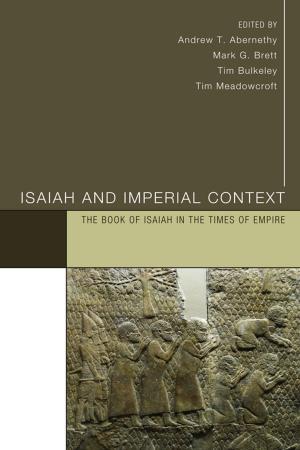| Author: | Justin Langford | ISBN: | 9781621895329 |
| Publisher: | Wipf and Stock Publishers | Publication: | February 1, 2013 |
| Imprint: | Wipf and Stock | Language: | English |
| Author: | Justin Langford |
| ISBN: | 9781621895329 |
| Publisher: | Wipf and Stock Publishers |
| Publication: | February 1, 2013 |
| Imprint: | Wipf and Stock |
| Language: | English |
Most of the current scholarly literature on biblical intertextuality--or the use of the Old Testament in the New Testament--exhibits a high degree of variance regarding methodological approach. The variety of methods employed naturally yields a variety of results. Semiotics, or the study of signs and how they communicate, offers an avenue for approaching intertextual references that focuses on communication theory and meaning. In addition, semiotic theory provides an overarching methodological framework for examining intertextual references. As such, a semiotic approach can assist in creating greater methodological consistency and clarity for this nuanced area of New Testament study. The purpose of this book is to explore the use of semiotics as a viable approach to biblical intertextuality. The intertextual references to Isaiah in 1 Peter will serve as the test case for an application of the method. A semiotic approach is promising because it offers a solution to the pervasive problem of methodology in intertextual studies. Moreover, the investigation of 1 Peter's use of Isaiah provides a fresh perspective on how Peter utilizes this important source in the construction of his epistle and the communication of his message.
Most of the current scholarly literature on biblical intertextuality--or the use of the Old Testament in the New Testament--exhibits a high degree of variance regarding methodological approach. The variety of methods employed naturally yields a variety of results. Semiotics, or the study of signs and how they communicate, offers an avenue for approaching intertextual references that focuses on communication theory and meaning. In addition, semiotic theory provides an overarching methodological framework for examining intertextual references. As such, a semiotic approach can assist in creating greater methodological consistency and clarity for this nuanced area of New Testament study. The purpose of this book is to explore the use of semiotics as a viable approach to biblical intertextuality. The intertextual references to Isaiah in 1 Peter will serve as the test case for an application of the method. A semiotic approach is promising because it offers a solution to the pervasive problem of methodology in intertextual studies. Moreover, the investigation of 1 Peter's use of Isaiah provides a fresh perspective on how Peter utilizes this important source in the construction of his epistle and the communication of his message.















